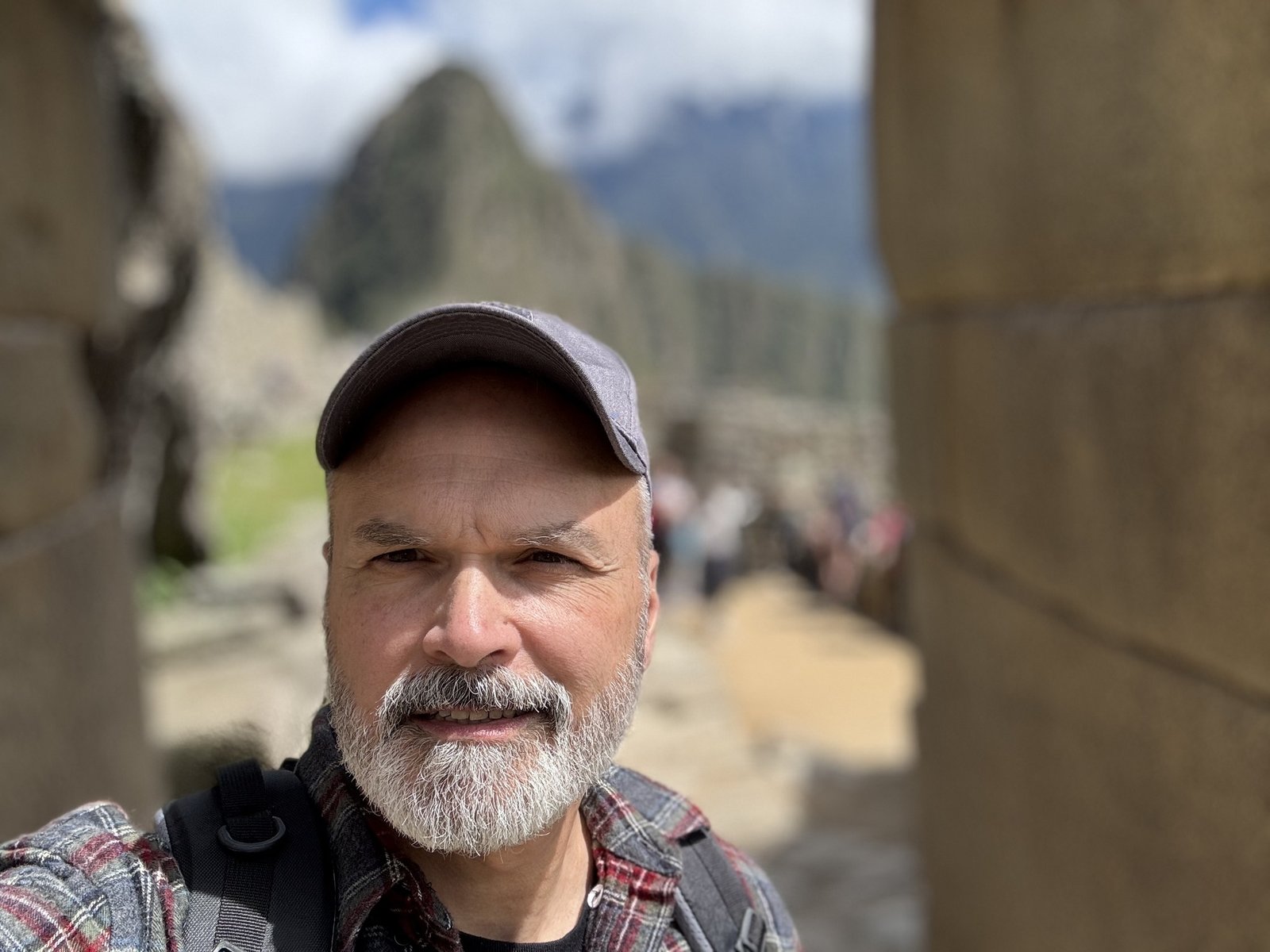There is a notion that Christ is one’s “personal” Savior and, therefore, there is a tendency to individualize the Christian walk. While it is true that He is their personal Savior, He never meant for them to individualize their faith.
While they do enter a personal relationship, He clearly does not want them to operate in an isolated manner, as some sort of monk living on a remote hillside.
He designed the believer to fit perfectly into the body of Christ, among all the other parts.
Furthermore, He has called the believer to spread the gospel message to the ends of the earth.
Nothing Grows in Isolation
In the opening of Ecologies of Faith in a Digital Age, the author stated that “In the natural world nothing grows alone, isolated and disconnected from its ecological habitat.”1 The same is true of the spiritual world.
He has created us to have a relationship with Him and with one another. This was borne out when Jesus identified the two greatest commandments: Love God and love your neighbor (Matthew 22:37-39). Also, the apostle Paul stated that we should not forsake the assembling of ourselves together (Hebrews 10:24-25). There may be a season of isolation in one’s life, but it is not the norm and it is not what He requires from them.
He requires them to do justly and to love mercy (Micah 6:8). One needs to interact with others to show justice and mercy.
God has demonstrated these characteristics and believers need to act as a conduit and let the same flow from their being, as they connect with others.
The Problem with Isolation
The root of individualizing one’s faith may be pride. Pride causes a person to turn inward on themselves. They develop an “O, woe is me” type attitude. They worry more about self-esteem and self-perseveration than they do others.
Once a person has been wronged, they tend to resign themselves to never let it happen again; thus, the inward turn.
After facing a few relational struggles, they turn inward with their faith because it seems safer, more private. They embrace the Scripture that talks about working out their own salvation with fear and trembling (Philippians 2:12).
However, they take it out of context.
A believer interacts with others, but may not fully appreciate the function of other parts of the body as it pertains to their spiritual formation.
The Contagious Christian
Jesus gave His people an imperative before He left this earth. He told them to “Go therefore and make disciples” (Matthew 28:19).
There is no room for isolation with this order.
As stated by Lowe and Lowe, “Our faith makes us contagious to non-Christians but our holiness makes us contagious to one another.”2
He wants His people to spread the Gospel contagion. He has created and equipped the believer to do just that, however, He has not left them alone in that pursuit.
The Helper Has Come
He has given His people the Promise of the Father as a helper. If a believer will choose to walk in the Spirit, he will be empowered to establish relationships with others, whether they be in-person, virtual, digital, and/or online.
Along the way, they will be spiritually formed and aid in the formation of others, just as God designed.
References
1 Stephen D. Lowe and Mary E. Lowe, Ecologies of Faith in a Digital Age: Spiritual Growth through Online Education (Downer’s Grove, IL: IVP Academic, 2018), 4.
2 Ibid., 205.

Dan Buteau has been married for the last 33 years and is a father of four adult children. He is also a grandfather to five children. He serves as a Pastor at a church in southern Maine. He has a Bachelor’s Degree in Math Studies from Granite State University and he is currently a Master’s of Theology student at Liberty University. In addition, Dan served in the United States Marine Corps for four years and is retired from a 25-year career in law enforcement. He has a hunger and thirst for the Word of God and is continuing to obey the calling of his Savior, Jesus Christ, as he carries out the Great Commission.



